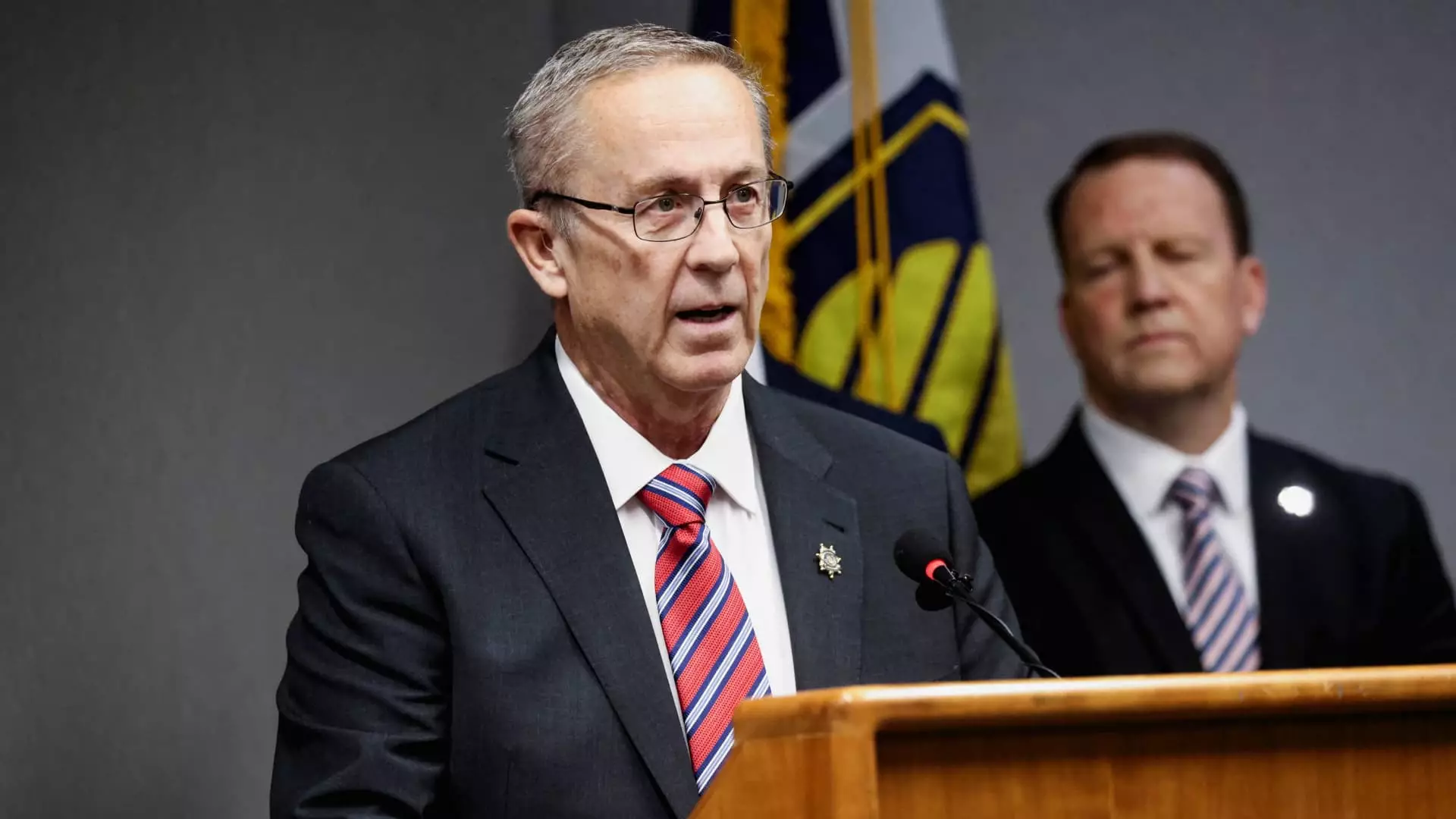The recent murder of Charlie Kirk—a prominent conservative activist—has ignited a fiery debate that exposes the fractured underbelly of contemporary American politics. While some celebrate this act as a tragic outlier, it’s undeniable that the incident underscores a disturbing shift toward violent extremism fueled by intense ideological polarization. The fact that Utah prosecutors are pushing for the death penalty against Tyler Robinson adds fuel to the fire, showcasing how our justice system responds to political violence with either unwavering severity or moral dilemmas. But behind this, one must question: Are we merely seeing a tragic incident, or are we confronting the inevitable consequences of a society increasingly divided by entrenched beliefs and an erosion of civility?
The details that emerged during Robinson’s arrest are particularly chilling. Evidence suggests a complex web of personal and political factors played roles in this act of violence. Robinson’s family’s recognition of him from surveillance footage, along with reports of his shifting political views, hint at a larger issue—how ideological radicalization can seep into personal identity. His mother’s account that he grew more left-leaning, embraced LGBTQ+ rights, and began dating an individual transitioning genders paints a portrait of a young man caught in a maelstrom of societal change, identity struggles, and political upheaval. While some may argue these factors are incidental, they serve as a stark reminder of how personal grievances and societal tensions can intertwine with political violence.
This incident is a mirror reflecting our societal fragility. The fact that Robinson allegedly made threatening remarks and left a note intending to “take out Charlie Kirk” reveals an alarming departure from civil discourse. It’s not mere rhetoric anymore—these are tangible threats that have culminated in tragedy. Such acts force us to reevaluate the landscape of free speech and political debate, revealing an undercurrent of hostility that many are either unwilling or unable to acknowledge until it erupts violently. The dangerous normalization of political hostility, amplified by media echo chambers, has created fertile ground for acts of real violence.
The Political Spectrum as a Catalyst, Not Just a Dividing Line
The reactions following Kirk’s death further illustrate how political discourse has become intertwined with moral judgments. On one side, fervent condemnations of violence emphasize the importance of civility and respect—values that should be sacrosanct in any democratic society. On the other side, political figures like Trump, Vance, and Miller have tried to shift blame onto “radical left” groups, illustrating how politicized narratives escalate societal divisions rather than mend them. This blame game distracts from the real issue: how the rhetoric from the fringes, on all sides, fosters an environment where violence becomes an unacceptable but emergent consequence.
The debate over who is responsible for inciting violence is, in many ways, a symptom of a larger issue—our societal failure to foster dialogue across ideological lines. The outrage from Kirk’s supporters and the defenses from those condemning violence reveal a fractured society where empathy is scarce and the middle ground is shrinking. It’s easy to blame one side or the other, but this approach ignores the systemic failures that allow such division to flourish. As a liberal-minded observer, I see an urgent need to prioritize political moderation and societal healing over partisanship. We cannot afford to dismiss acts of violence as isolated incidents; they are signals of a deeper malaise.
As we grapple with this tragedy, we must confront the uncomfortable truth: our political climate, driven by polarization and emotional vitriol, is unsustainable. The so-called “center,” where constructive dialogue and compassion ought to flourish, is increasingly drowned out by louder, more aggressive voices. To curb this descent into violence, there must be a conscious effort to rebuild a culture of respect, understanding, and shared humanity—before more lives are shattered by the consequences of an increasingly hostile environment.


Leave a Reply